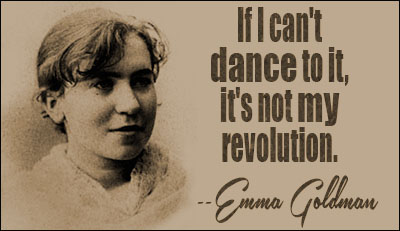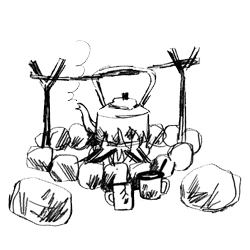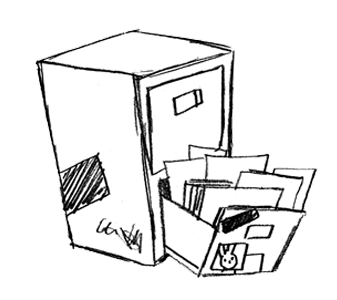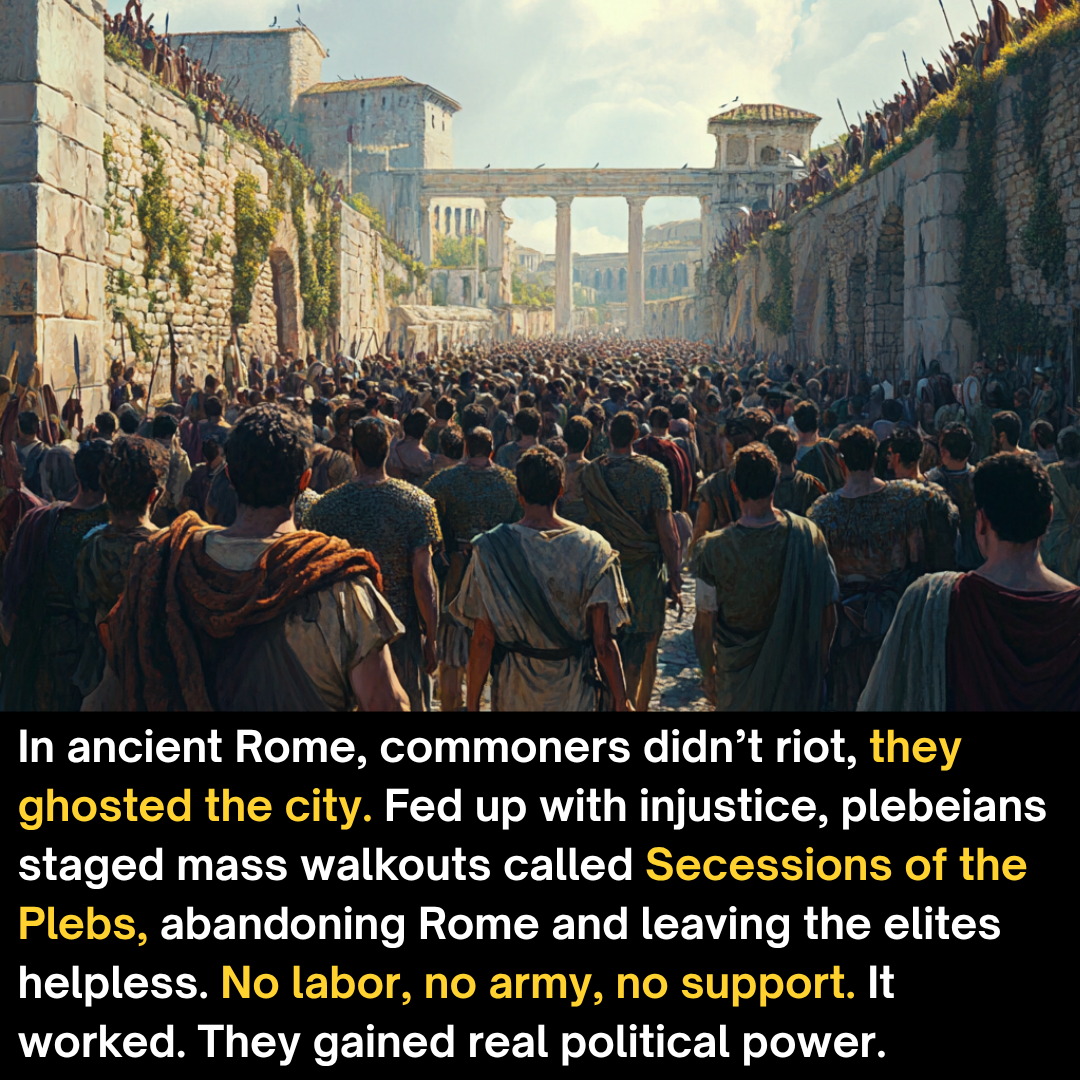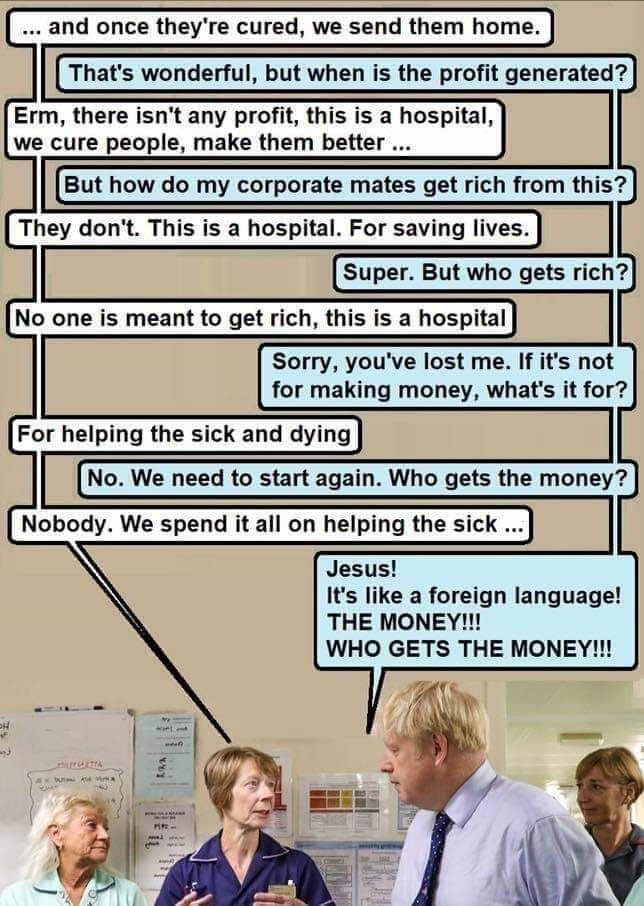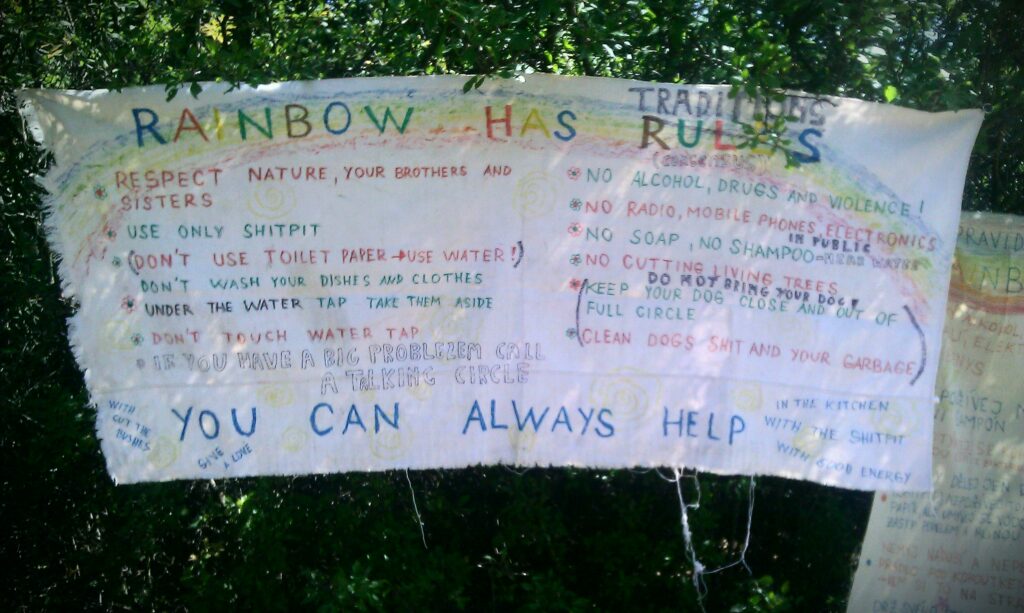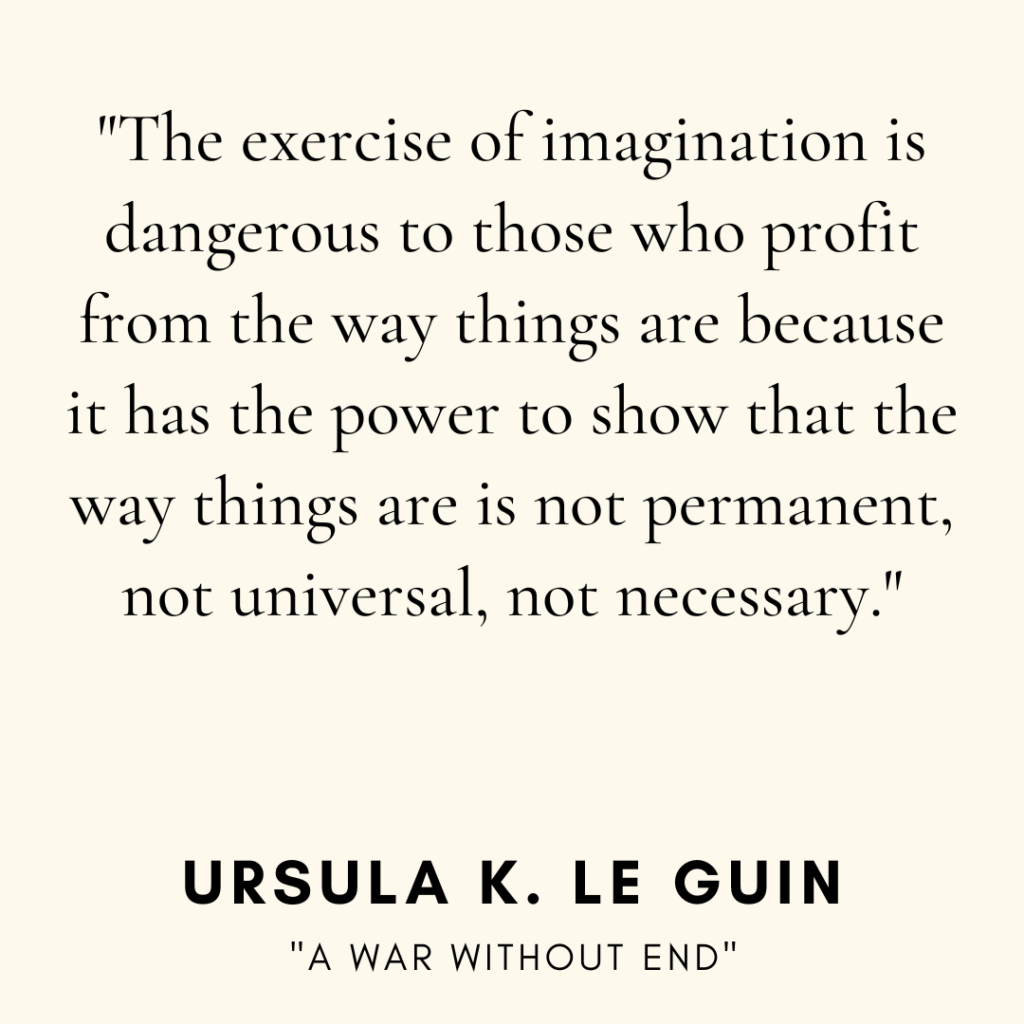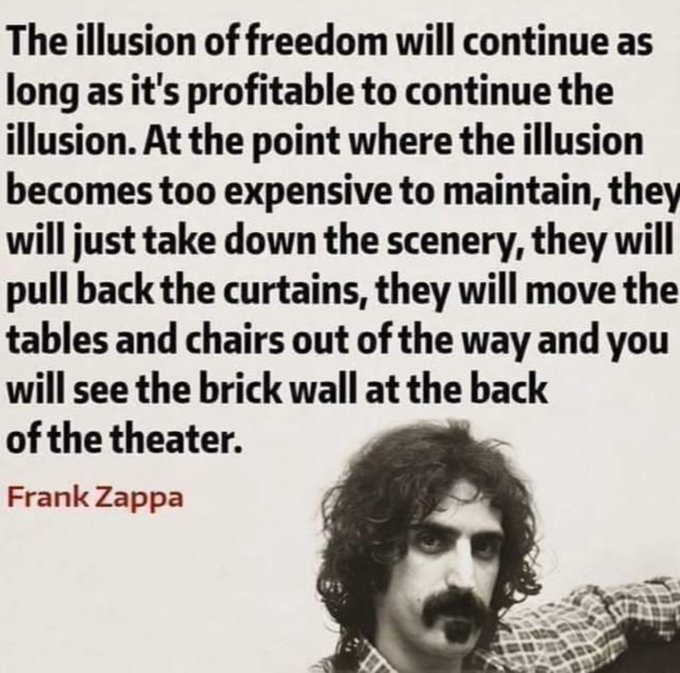In the sprouting landscape of #openweb infrastructure, it’s not just code that gets ignored, it’s the possibility of change itself. Projects like #makeinghistory, part of the wider Open Media Network (#OMN), aren’t asking for much. They’re not flashy. They’re not political in the #mainstreaming sense. They just quietly build the back-end tools that allow people to document their histories, publish from the grassroots, and hold space for the memory of struggle that shape our progressive liberalism. But that seems to be too much.

The wall of funding silence – We’ve submitted funding proposals – dozens over the years, to every channel supposedly set up to fund the #openweb non-mainstream side of tech. From #NLnet to #NGI, from “open futures” to the latest EU moonshots. Most of the time, the response is a polite no, a vague shrug, or silence.
Sometimes, we get honesty – “This kind of effort is very hard to seek grants for” or “I don’t have an obvious candidate for you.” What they don’t say is what’s really going on: The system does fund this kind of work, look at the bonfire fresco as an example, but only when it’s a shadow of the status quo.

There’s a path through this, if we’re honest about the rules of the game. One such route is the #makeinghistory project, a non-threatening, archive-based approach that doesn’t scream radical, but quietly lays the groundwork for deeper change. What funders may not realize (or perhaps they do) is that by supporting it, they also enable development on #indymediaback and the metadata “soup” back-ends of the OMN, the very infrastructure needed to reboot truly grassroots media.

It’s a shadow funding path. And yes, that might feel cynical. But if you’re unwilling to fund change directly, maybe you’ll fund the shadows of change. Sometimes the only way to sneak truth past the gatekeepers is through the side door.
We do need to get past this broken balance, the hard part is that many of these funders do think they’re doing good. And to be fair, they are, a little. But the balance is broken. That imbalance is invisible to most, especially those inside the comfort of stable institutions. When we push back, it looks like we’re hitting “good” people with little sticks. It’s messy, and it’s easy for them to just turn away. We get told to be grateful. To celebrate, the seedling being planted in the foreground, while bulldozers level the rest of the forest behind it.

Stick or Carrot? So what do we do? We talk about sticks and carrots. The truth is, our sticks are tiny, dwarfed by corporate lobbying, government inertia, and internal conservatism. The peaceful, hippy route changes nothing long-term, but conflict isn’t working either. We’re stuck in between, too radical for the boardroom, too polite for the barricades.

But here’s a thought: maybe it’s not about the size of the stick, but where we aim it. We’re not here to fight good people. We’re here to point out that a little good is not enough, not when the stakes are this high. If we don’t build space for change, it won’t happen. And if funders like #NLnet want to be the change they speak of, then they need to fund the infrastructure that makes it possible, even if it’s uncomfortable. Even if it’s messy. Even if it’s indirect…

What Now? We’ll give it a month. Then maybe we nudge a bit harder. But no shame, no blame. Just a call for balance, for trust, for a shift in what “doing good” really means.
#OMN #makeinghistory #indymediaback #NGI #NLnet #NGIzero #openweb #4opens #deathcult #mainstreaming #funding #changechallenge

